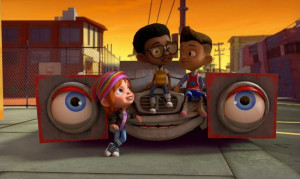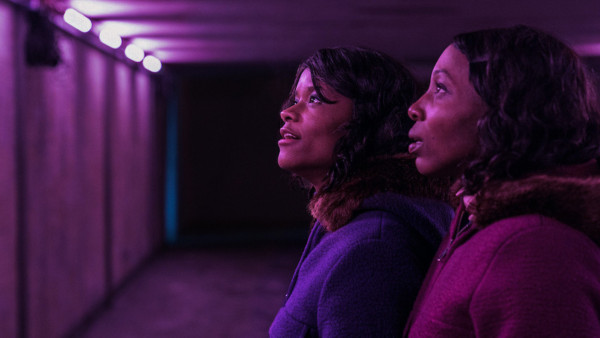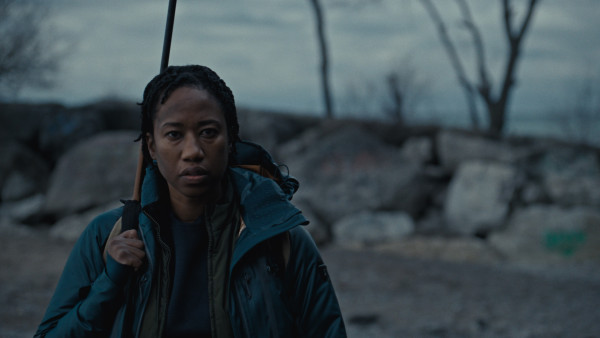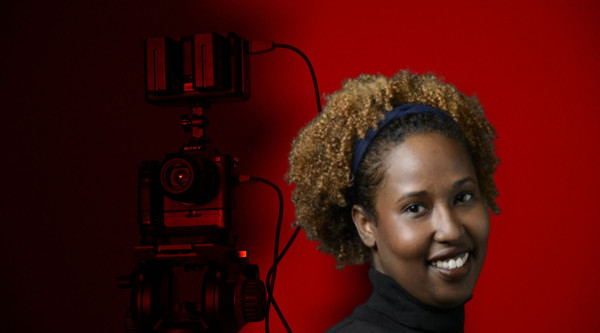Two people leave their native home to set up roots in a new country, one that offers the promise of safety, prosperity, and a secure future. They have a child, and pour everything into raising them—all while navigating this new land and all the cultural and socioeconomic hurdles thrown their way. That child comes home one day, excitedly telling their parents they want to be an artist—a writer, a dancer, a musician—and worlds collide. The parents worry that they can’t afford to support their child’s dream, or that the safety, prosperity, and security they sacrificed for cannot be found in the life of an artist. The child worries that if they don’t follow this path, they’ll never discover an important part of themselves.
In Richard Young’s new short film Maternal (premiering at this year’s ReelWorld Film Festival), we see how one mother and daughter navigate this struggle.
Talk to anyone who immigrated to Canada at a young age, or one who was born to parents who immigrated here—particularly from African and Caribbean countries, a common sentiment will be that our parents urged us to focus on educational achievement, then pursue a successful career as a doctor or lawyer. Anything less was a risk or a “play-play ting.” Though the diaspora has birthed incredible art over a span of centuries, there remains a modern-day hesitation to encourage artistic careers—or maybe it’s not so much hesitation as it is ability.
In Maternal, we meet Millicent (Khadijah Roberts-Abdullah) and Rebecca (Millie Davis). Rebecca is a bubbly and effervescent young girl, excited about following her passion as a visual artist. Millicent is proud and hardworking, attempting to balance the love she has for her daughter with the limitations of their circumstances. Inspired by her art teacher, Rebecca has not only developed a love of drawing, but also cultivated a new level of belief in herself. She has applied to a prestigious art camp, and as we peek into this snapshot of their lives, Rebecca is waiting to see if she’s been accepted and Millicent is considering what this will mean for them both.
“As a South Asian-Canadian artist with Caribbean roots, the premise of Maternal came from my own family discord when I decided to pursue my artistic passion a decade ago,” shared writer Richard Young. “Years later, I realized that underneath all their frustrations and anger was love. My parents grew up poor, coming to Canada and sacrificing so their children could have a better life. And it broke their hearts to see their child now struggle in the unstable arts industry because they were powerless to help me.”
Maternal is an imagining of Young’s own experiences, shifted to place a Black woman and girl at the centre of the story—which was key for producer Sedina Fiati’s involvement.
“As a producer, I only want to work on projects with women of colour in leading roles,” stated Fiati. “I do this because I want to walk my talk as an activist, through my work. I agreed to come onboard for Maternal as I thought the story was really poignant. It highlighted an aspect of the newcomer/first generation divide that needs to be told, and featured women of colour in complex roles.”
Fiati also relates personally to the central story—her own mother was supportive of her love of the arts as a child, but shared concerns as she watched her daughter struggle in adulthood. “As well, I carry some guilt. I don’t have a 9-to-5 job and it can feel difficult to feel like I'm "working hard" in the same way my mother did to support me and my sisters.”
Maternal packs an incredible amount of emotion in its near 6-minute duration, due in great part to the skill of director Andrew Simpson. From the care shown in its opening scene as Millicent prepares a meal, to Rebecca’s journey through exuberance, despondence, then back to hopefulness, to a moment that made my eyes sting with tears (from both the perspective of an aspiring artist like Rebecca and a fiercely loving mother like Millicent), Maternal made me feel a lot of things in a relatively short time. After the credits rolled, the question on my mind was: how do parents and children—particularly from Black/newcomer/first-generation backgrounds—better understand each other's perspectives when it comes to pursuing a career in the arts?
“Children benefit best from supportive adults, who love them and guide them while allowing them to express who they are,” shared Fiati. “This is not a popular concept for many newcomer families and well, society at large. We are apt to project our own hopes and dreams onto our children, believing somehow that their lives are an extension of our own.”
“An artist who has a supportive family is more rare than not. However, I hope we can all learn better emotional skills that allow us to negotiate with our families and give people the support they need, while also ensuring accountability.”
While Young’s family has gotten better at supporting his artistic career, it was—and still is, in ways—a process. “Empathy on both the sides of the parents and the children are key,” he offered. “My parents thought that the arts industry was unfair and nepotistic and there is no practical path to having a living in it. So I had to show them how I was going to make it work for me. Show them the programs I was doing, talk to them about what happens in an audition or breaking down a script. Talking about my personal finances and what I was doing to pay the rent. Basically show them I was serious about this path.”
“Since my parents know I'm proficient in business and administration, they often nudge me in the direction of "How about doing an arts administration job?"” said Young. “But whenever I book a gig as an actor or a writer, they celebrate my success.”
Maternal premieres at Toronto’s 2018 ReelWorld Film Festival on October 14th at 3pm.
Bee Quammie is an award-winning blogger, freelance writer, and event host/creator with an affinity for big hair, thick books, and Caribbean sunsets. Find more of her thoughts and words at her blogs 83toinfinity.com and thebrownsugamama.com, and at publications like Parents Canada, For Harriet, Chatelaine, BlogHer.
Twitter: @beequammie
Instagram: @beequammie
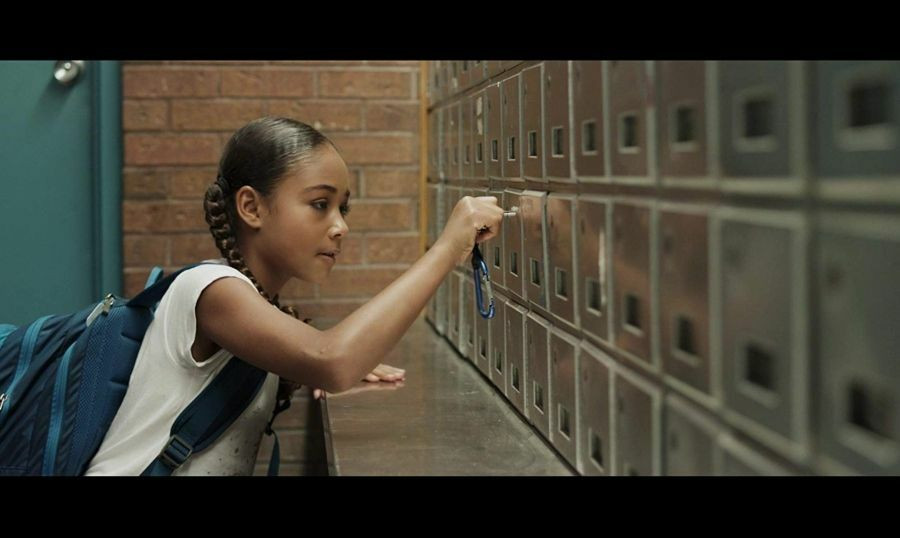
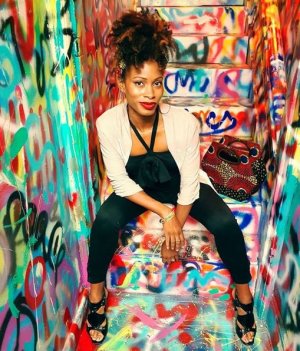 By
By 


